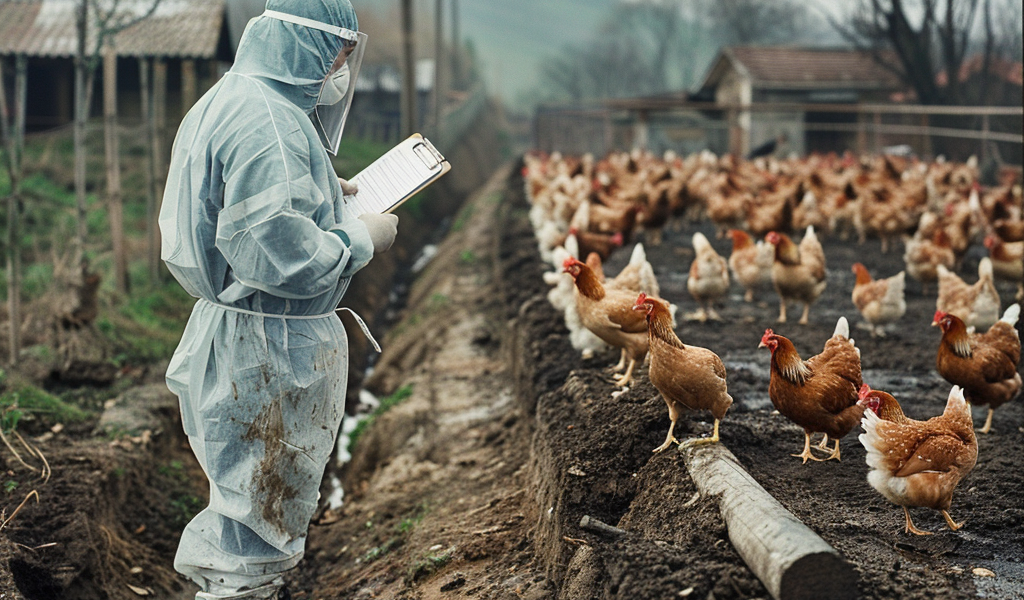In a concerning development, both Hungary and Italy have reported outbreaks of the H5N1 avian influenza virus, marking the first instances of this severe strain of bird flu in several months. The World Organisation for Animal Health (WOAH) has confirmed these outbreaks, highlighting the resurgence of the disease in Europe.
The outbreak in Hungary was identified on a farm located in the eastern region of the country. Meanwhile, the Italian case was detected on a farm in the northeast of Italy. These reports come as European nations remain vigilant against the potential spread of avian influenza, which poses a significant risk to poultry populations and can have serious economic implications for the agricultural sector.
Avian influenza, commonly referred to as bird flu, is a viral infection that primarily affects birds but can also infect humans and other animals. The H5N1 strain is particularly virulent and has been responsible for numerous outbreaks worldwide. The recent cases in Hungary and Italy underscore the ongoing threat posed by this virus, especially as migratory birds can carry and spread the disease across borders.
Authorities in both countries are taking immediate action to contain the outbreaks. This includes implementing biosecurity measures on affected farms and monitoring surrounding areas for any signs of further infection. The WOAH has emphasized the importance of early detection and rapid response to manage the spread of avian influenza effectively.
The resurgence of H5N1 in Europe raises concerns among poultry producers and public health officials alike. The poultry industry is a vital component of the agricultural economy in both Hungary and Italy, and any widespread outbreak could lead to significant losses in production and trade. Farmers are being urged to remain vigilant and report any unusual mortality rates among their flocks to local veterinary authorities.
As the situation develops, it is crucial for countries to share information and collaborate on strategies to mitigate the impact of avian influenza. Enhanced surveillance and vaccination efforts may be necessary to protect both domestic poultry and wild bird populations from future outbreaks.
The recent H5N1 outbreaks in Hungary and Italy serve as a reminder of the persistent threat of avian influenza in Europe. With the potential for rapid spread and severe consequences, ongoing vigilance and proactive measures are essential to safeguard the health of poultry and the agricultural economy.
In related news, the European Union is considering various policies to address agricultural challenges, including a proposed delay to a landmark anti-deforestation law. Additionally, there has been a recent surge in poultry production forecasts for Spain and Italy, indicating a complex landscape for the poultry industry amidst these health concerns.
Global Ag Media continues to monitor the situation closely, providing updates and insights into the evolving dynamics of the agricultural sector. Stakeholders are encouraged to stay informed and prepared as they navigate the challenges posed by avian influenza and other industry developments.





